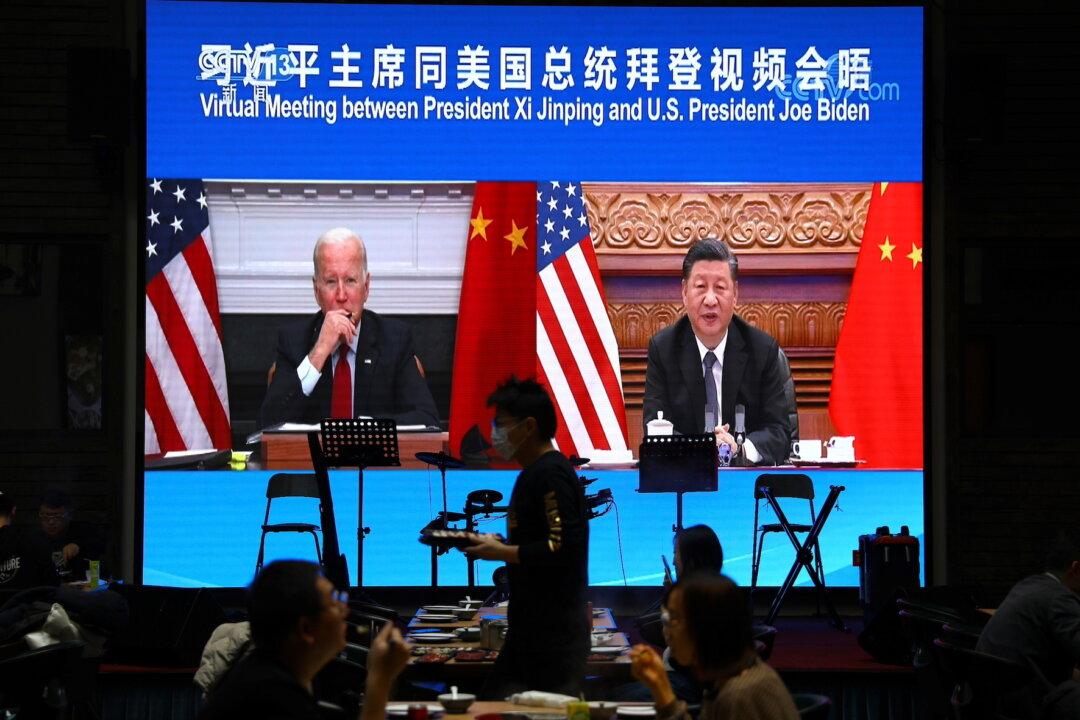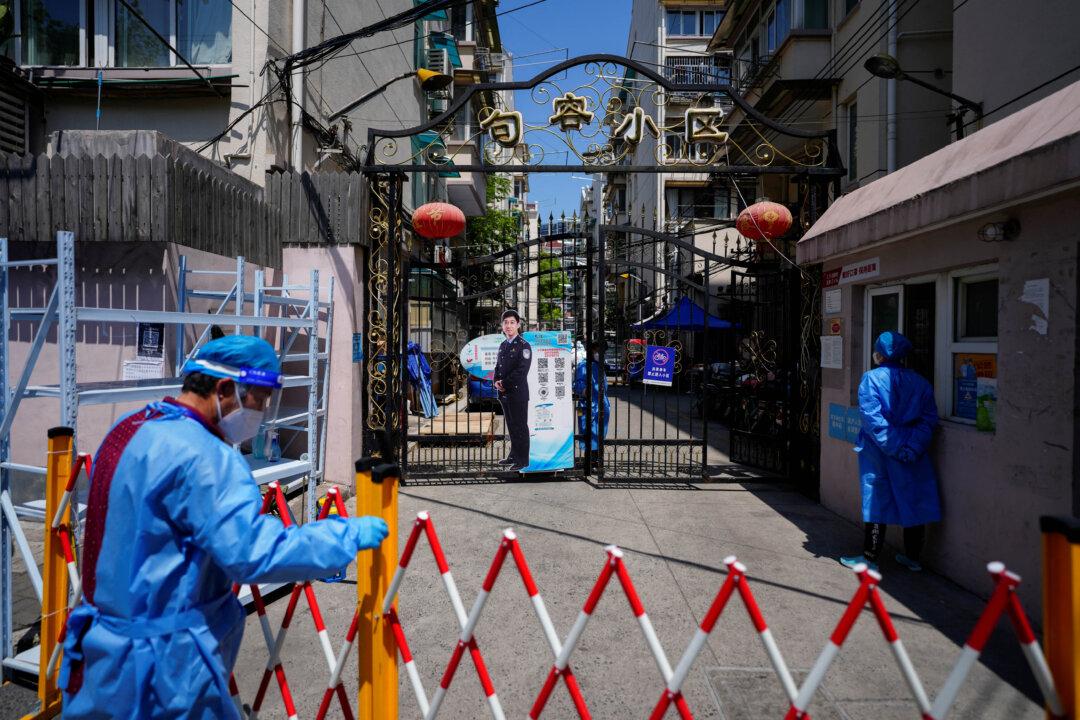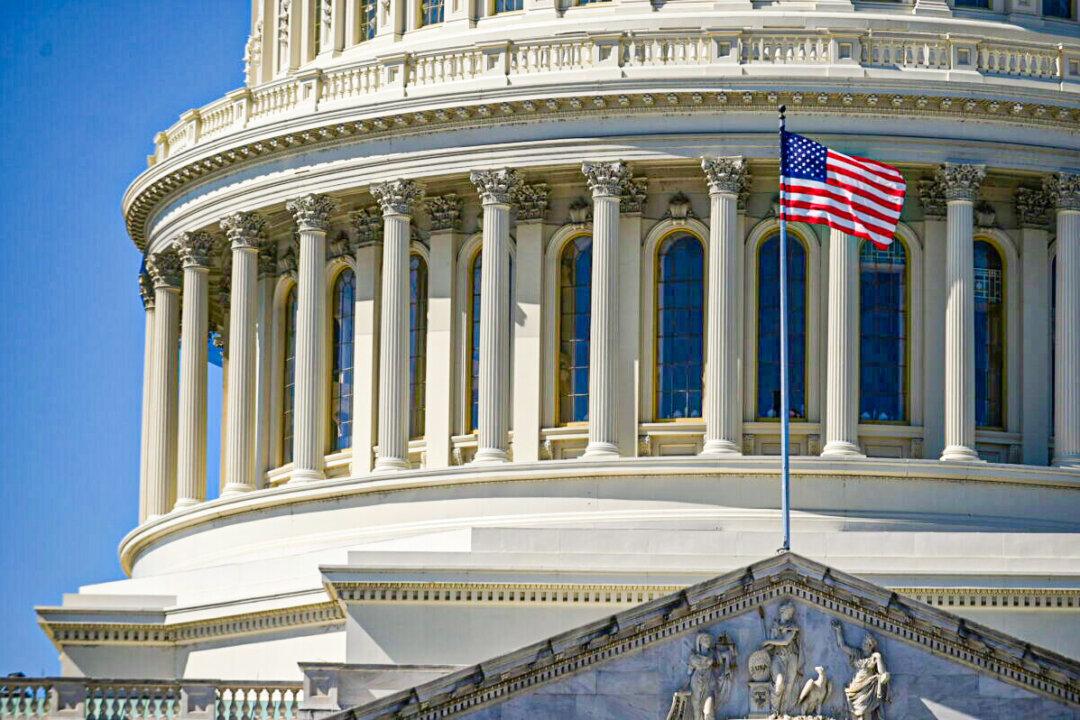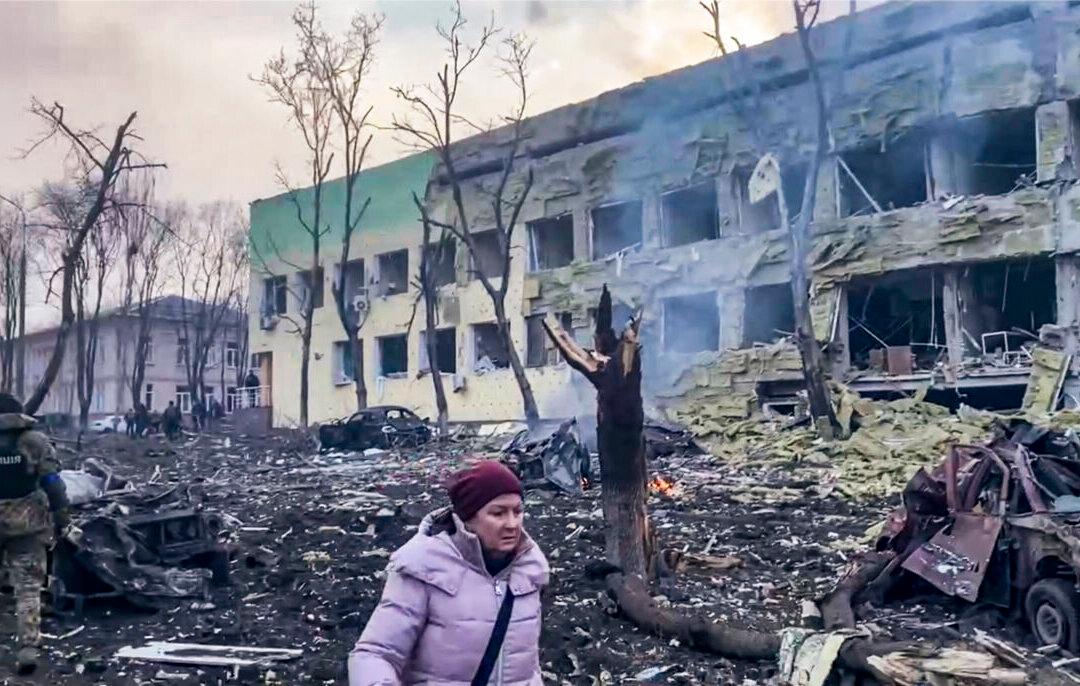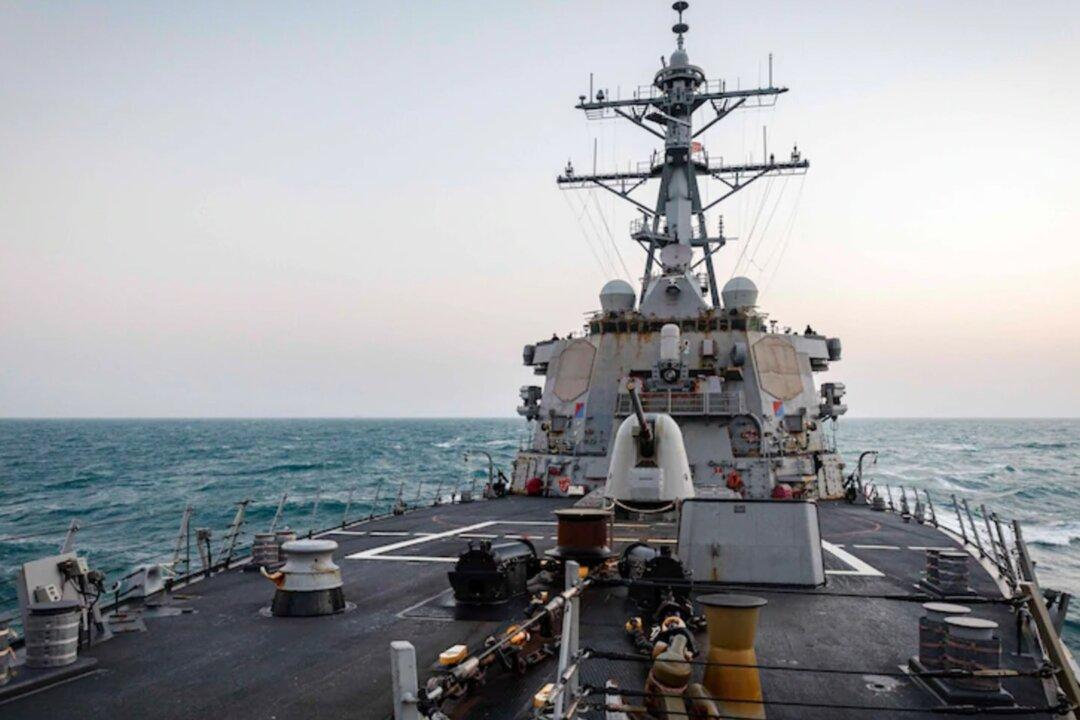Commentary
President Joe Biden met with Chinese leader Xi Jinping at a virtual summit on Nov. 15. Most analysts think Beijing has the upper hand and Washington is weak. But the Chinese regime has severe underlying problems, based on three different models that can be used to assess the relationship between both countries and their leaders.
